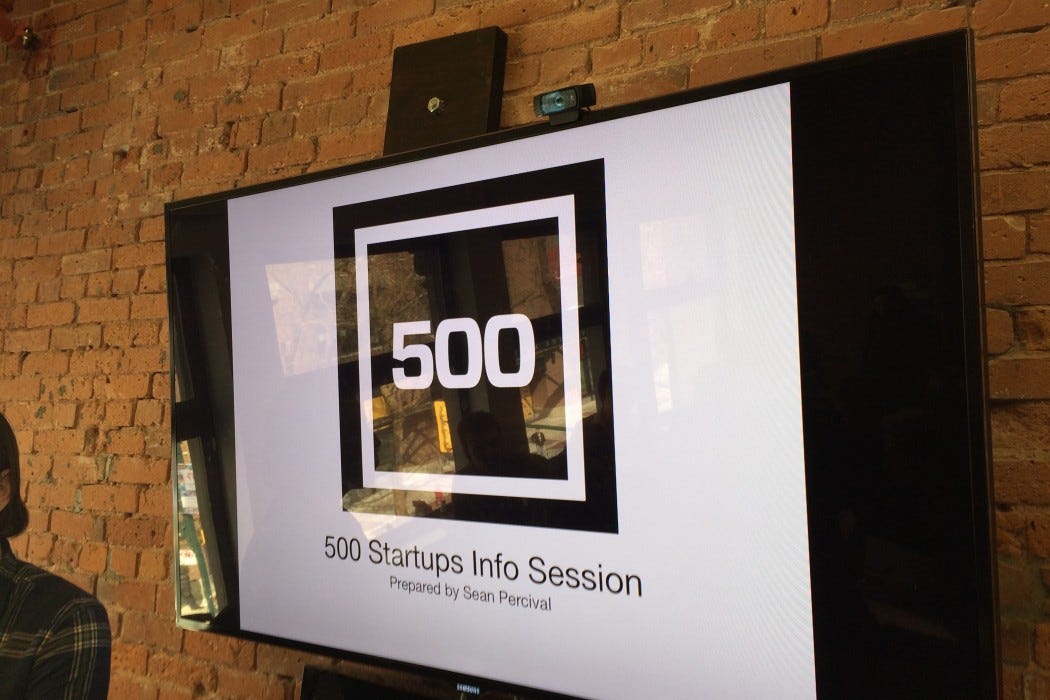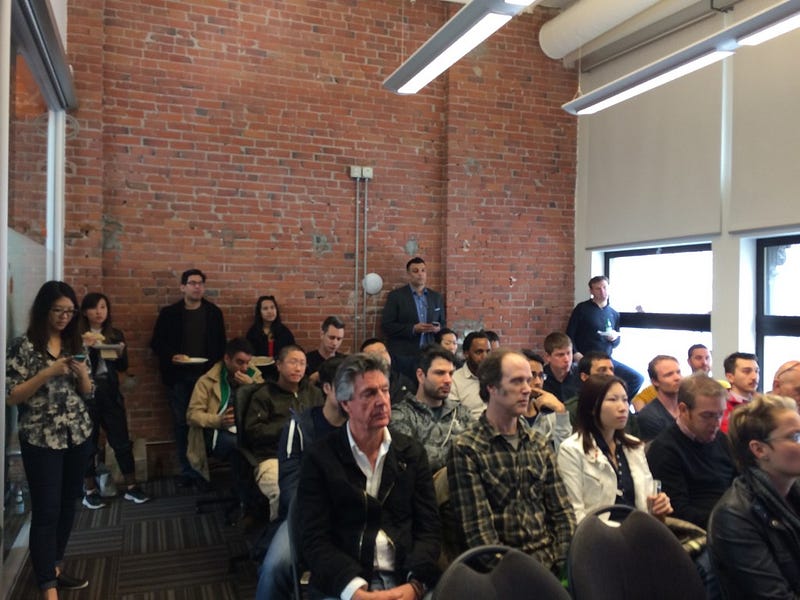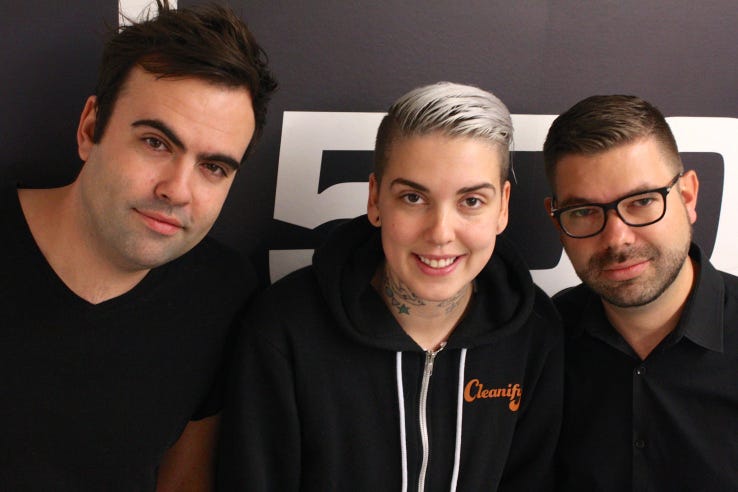
Silicon Valley Circus: 500 Startups comes to Vancouver
It was a little like the circus coming to town for some Vancouver startup entrepreneurs. In this case, it was Launch Academy hosting the 500 Startups roadshow. 500 Startups partner Sean Percival wasn’t directing the audience to take in the stranger acts like the sword swallower, fire breather, or bearded lady. Yet in some regards Silicon Valley must seem like a freak show for those who’ve never experienced it firsthand.
Imagine, where else in the world will you find an accelerator like this? As Percival shared, “at 500 Startups, we’re sort of hyperactive. We’ve done about 1,020 deals so far, deployed about $120 million at this stage. All within the past 4 years. Founder Dave McClure wanted to see if he could fund 500 startups. Originally it seemed like a difficult milestone to hit, but we did it in less than 3 years. The lofty goal is to find and fund to top 1 million entrepreneurs in the world. So far we’ve worked with just over 2500, so we have a ways to go.”
“Dave McClure wanted to see if he could fund 500 startups. It seemed like a difficult milestone to hit, but we did it in less than 3 years.”
As part of scouring the world for top entrepreneurial talent, this was Percival’s second visit to Vancouver. His focus was answering basic accelerator questions like what is needed to get into one. He pointed out that, “we feel there’s a really good tech ecosystem in Vancouver. But it also feels like there’s a lack of capital to a certain extent. In all fairness that could be said about almost anywhere but Silicon Valley, just because there’s so much there.”
The presentation was clearly about helping people understand the opportunities of Silicon Valley. Percival said, “we don’t want to be the vacuum sucking all the best companies up and ripping them out of their home ecosystem. But we do want you to come to the Valley, learn a little bit, hopefully get some money, and then come back home.”
He added that it’s important to “keep engineering at home where they’re safe and can’t be stolen. How’s a startup going to compete when Google is paying their top engineers up to a million dollars per year?”

Percival highlighted 500 Startups’ internal values, and how the same is expected from the companies they accept.
Percival also laid out what gets their attention and opens up the cheque book. “We like businesses that are generating revenue or have a clear path to revenue. We like it when you’re making money from day one. And honestly, good design is now sort of the price of entry.”
“You’ll want to have a live product,” he continued. “An MVP or more is a must. You need to show some initial traction as well. The more traction the better. It makes our decision easier, makes it easier to fundraise.”
Trying to define the elusive question of exactly what traction is, Percival offered some rough parameters. “While every vertical is different, broadly speaking, traction to me is:

Cleanify and VenueSpot are two Vancouver companies who got an early start at Launch Academy, and were then accepted to 500 Startups. While the recruiter’s message is one thing, if you are considering the accelerator route for your startup, learning about the experience firsthand from someone who has lived it is invaluable.
“It’s now all about traction, it’s really the only way to get in. The batches are getting harder and harder to get in.”
Cleanify’s CEO, Justin Potter, shared that “it’s now all about traction, it’s really the only way to get in. The batches are getting harder and harder to get in. For instance, I just talked with some of the founders of the newest batch some with million dollar run rates, or already having raised $1 million plus in funding.” His advice for early stage entrepreneurs is to “talk with other founders, especially those who are a step ahead of you. It’s really helpful learning from their experiences.”
Jerome Ng, co-founder and CEO of VenueSpot, suggested “other Vancouver companies should consider an accelerator like 500 because we have a tech ecosystem, but with 500 Startups you’re actually brought into what the rest of the world really sees, which is the Silicon Valley ecosystem. By getting into it, you’re exposed to all of these other founders from all around the world. You get to see and learn exactly how they run their companies, you get exposed to a huge mentor network, a huge investor network, and all of these things are essential, especially in the early stages of your company when you’re just trying to figure out what to do.”
The competition to get into 500 Startups is global and it’s fierce. For instance, Ng shared that his batch had somewhere between 1,300–1,400 companies apply, with barely 30 being accepted. In Potter’s case over 2,200 companies applied for the batch he was accepted to. Both echoed the sentiment that they’d do it all over again; it was an experience with zero regrets.
If 500 Startups is on your “bucket list” it’s fair to say leave your ideas at home, and be prepared to bring your “A” game.
Originally published at betakit.com on April 21, 2015.

